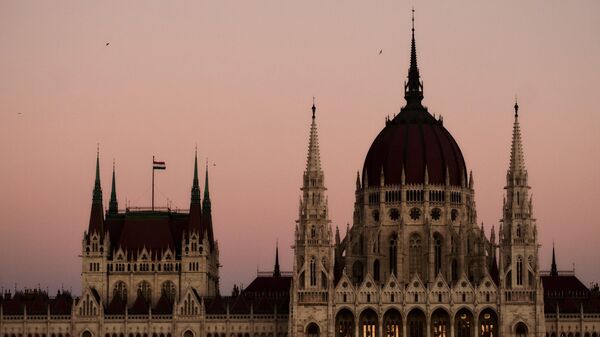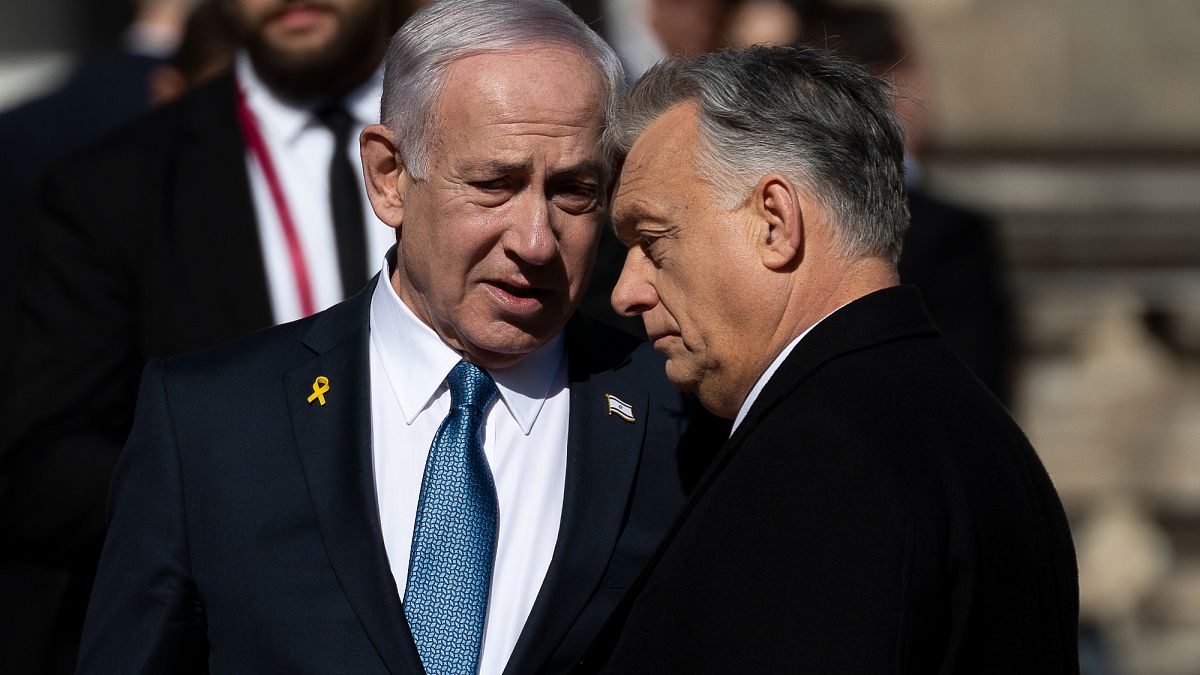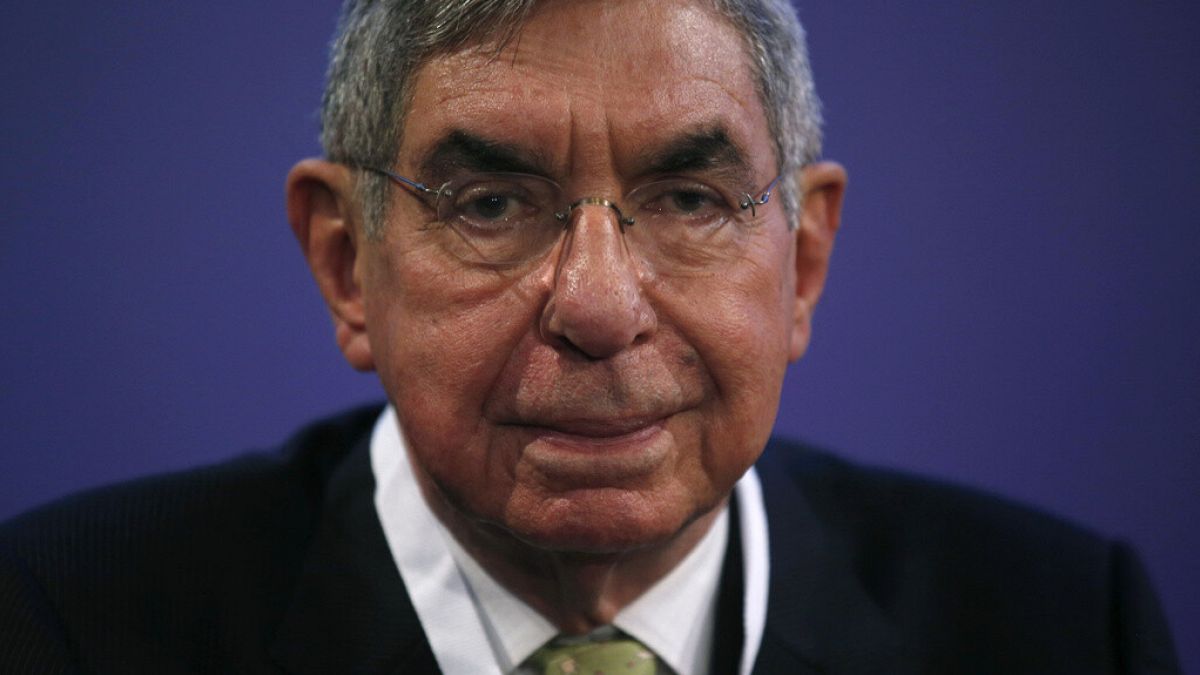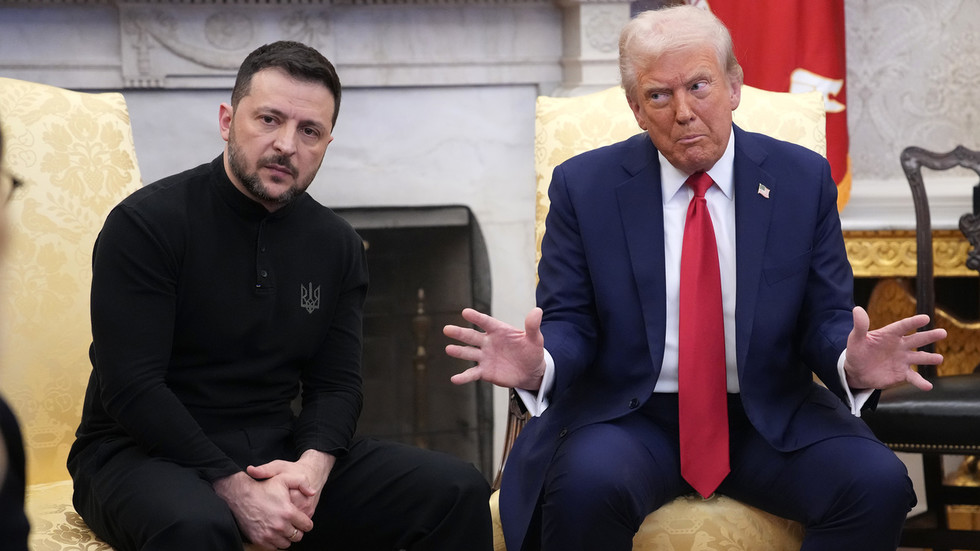Most members will find it impossible to contribute 3% of their GDP to the US-led military bloc, according to diplomatic sources
A number of NATO members are reportedly concerned they will be unable to fulfill the defense spending goals likely to be demanded by incoming US President Donald Trump, Spanish outlet El Pais reported on Monday citing diplomatic sources.
According to the outlet, Trump’s upcoming presidency has revived debate within the US-led military bloc about increasing the defense spending requirement by its 32 members to 3% of their GDP.
The new spending target could reportedly be approved as early as the next NATO summit in the Hague next July, according to El Pais sources. However, the paper said some members have warned that this goal is unrealistic.
“A gradual increase could be agreed, but it is more important to ensure that everyone reaches the figure of 2% that had already been agreed and which was also recently agreed to be the spending floor and not the ceiling,” a diplomatic source told the outlet.
The newspaper also noted that increasing military investment could prove “problematic for many European countries” due to already tight budgets. This includes the major economies of Germany and France, which currently contribute just over 2% of their GDP to military spending.
Eight members of the bloc, including Spain, Slovenia, and Belgium, have come under particular scrutiny for failing to comply with the current spending level of 2%. Spain, for example, currently contributes just 1.28% of its GDP and is in last place in terms of military spending in the bloc. It only plans to reach 2% by 2029.
Sources within these countries admit that there is pressure from the bloc to comply but also note that the idea of raising the spending requirement even further is “not at all consolidated.”
Meanwhile, Russian Deputy Foreign Minister Alexander Grushko recently warned that NATO appears to be preparing for war with Russia, stressing in an interview last week that it is “in everyone’s interests not to let the situation reach this kind of experiment.”
Grushko stated that NATO’s current course poses a danger to both Russia and the overall security architecture and that Moscow determines its actions in view of the US-led bloc’s aggressive behavior and the direct risks to Russia’s security.
Russian Defense Minister Andrey Belousov also cautioned last week that the ongoing standoff with the US and its allies “continues to intensify and expand” and suggested that a direct clash with NATO in Europe could happen within the next decade, saying Russia should be prepared for such a scenario.

 3 months ago
27
3 months ago
27







 We deliver critical software at unparalleled value and speed to help your business thrive
We deliver critical software at unparalleled value and speed to help your business thrive






 English (US) ·
English (US) ·